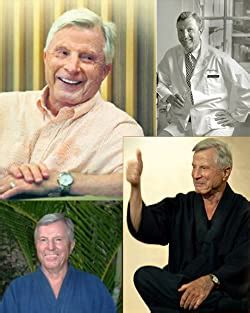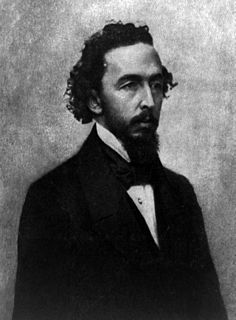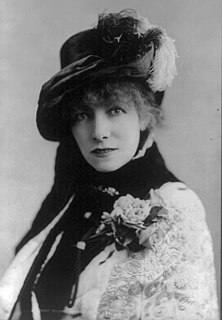A Quote by Ray Allen
By practicing the virtues we cultivate the soil from which healthy emotions sprout; by letting go of our character defects we drain the swamp in which diseased emotions breed.
Related Quotes
One cultivates spaciousness or awareness which allows you to acknowledge the emotions and see them as part of the human condition. Emotions are like subtle thought forms and they all arise in response to something outside yourself. They are all reactions. You cultivate a quietness in yourself that watches these emotions rising and falling and passing away.
My all-time favorite topic in positive psychology is the study of positive emotions. I'm fascinated by how pleasant experiences, which can be so subtle and fleeting, can add up over time to change who we become. I'm especially excited these days about investigating how positive emotions change the very ways that our cells form and function to keep us healthy.
Transitions are a part of life, allowing for perpetual renewal. When you experience the end of one chapter, allow yourself to feel the emotions of loss and rebirth. A bud gives way to a new flower, which surrenders to the fruit, which gives rise to a seed, which yields a new sprout. Even as you ride the roller coaster, embrace the centered internal reference of the ever-present witness.






































